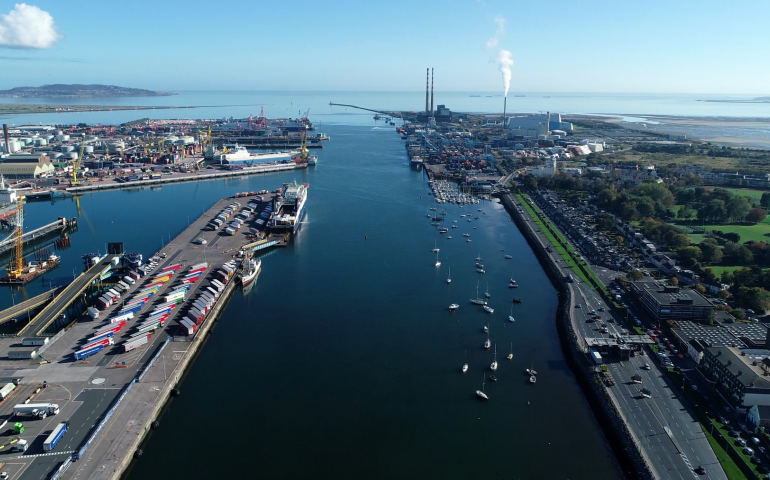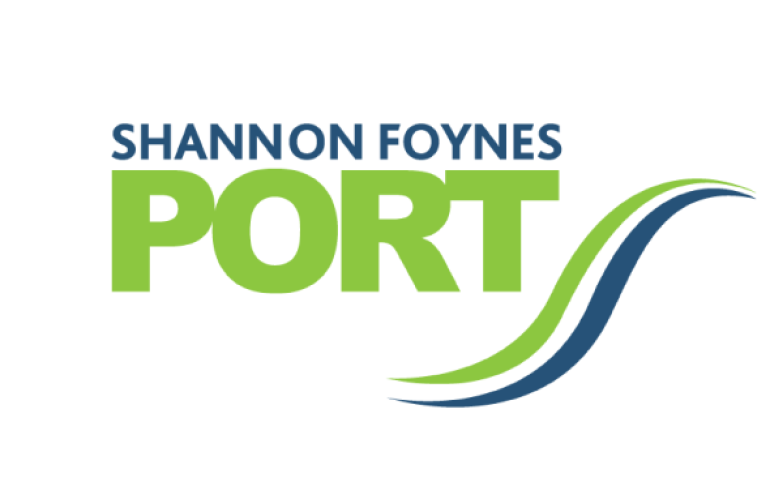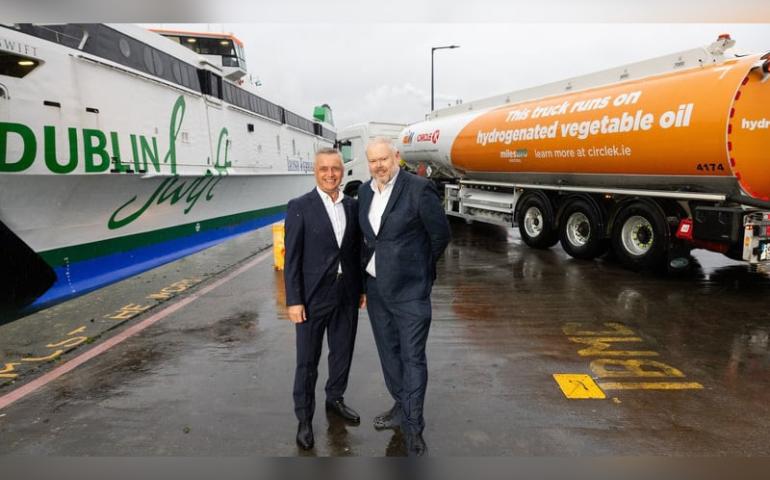
Background
This report has been prepared at the request of the Irish Maritime Development Office (IMDO) which is a statutory office within the Marine Institute and operates under the aegis of the Department of Transport.
The report reviews the key considerations in the provision of OPS at Dublin Port.
Scope
This report will look at the following:
- Current and expected regulatory requirements relating to the provision and use of OPS
- Electrical load associated with the use of OPS
- The impact of OPS provision on the existing electrical infrastructure
- The impact of OPS provision on the existing civil infrastructure
- Capital cost associated with the deployment of OPS
- Operating cost associated with the deployment of OPS g.
- Conclusions and recommendations
Benefits Resulting from the use of OPS
The 'fit for 55' package, presented by the EU in July and December 2021, is designed to realise the European Climate Law objectives: climate neutrality by 2050 and a 55 % reduction of net greenhouse gas (GHG) emissions by 2030, compared with 1990 levels.
The use of OPS in port settings is one of a number of measures put forward for the maritime transport sector to help meet the aforementioned objectives. These measures are summarised as follows:
- Measures to ensure that the greenhouse gas intensity of fuels used by the shipping sector will gradually decrease over time, by 2% in 2025 to as much as 80% by 2050.
- A special incentive regime to support the uptake of the so-called renewable fuels of non-biological origin (RFNBO) with a high decarbonisation potential.
- An exclusion of fossil fuels from the regulation’s certification process
- An obligation for passenger ships and containers to use onshore power supply for all electricity needs while moored at the quayside in major EU ports as of 2030, with a view to mitigating air pollution in ports, which are often close to densely populated areas.
- A voluntary pooling mechanism, under which ships will be allowed to pool their compliance balance with one or more other ships, with the pool as a whole, having to meet the greenhouse gas intensity limits on average.
- Time limited exceptions for the specific treatment of the outermost regions, small islands, and areas economically highly dependent on their connectivity.
- Revenues generated from the regulation’s implementation (‘Fuel EU penalties’) should be used for projects in support of the maritime sector’s decarbonisation with an enhanced transparency mechanism.
- Monitoring of the regulation’s implementation through the Commission’s reporting and review process.
While the primary objective of utilising OPS is to assist in the drive for climate neutrality, their use has the following additional benefits.
- The improvement of air quality within and around the port through reduction in ship-generated pollutants including carbon dioxide (CO2), nitrogen oxides (NOX), sulphur oxides (SOX), particulate matter (PM) or other substances associated with onboard combustion processes.
- Reduction in CO2 emissions (if the OPS electricity is mostly sourced from blue / green electrical production sources (including biomass, hydro or renewables).
- Noise reduction onboard, within the port and the surrounding area.
- Improved working conditions both onboard and within the port area.
- Competitive advantage towards sustainable shipping and ports.





